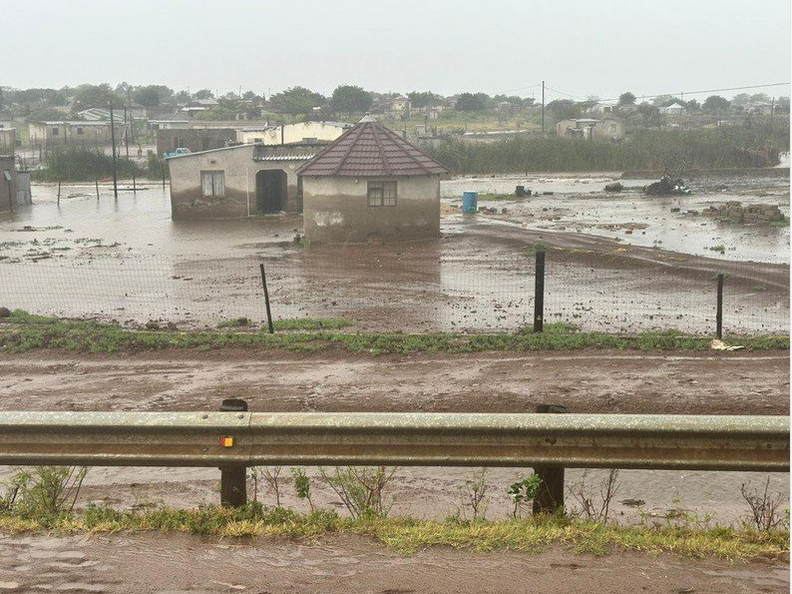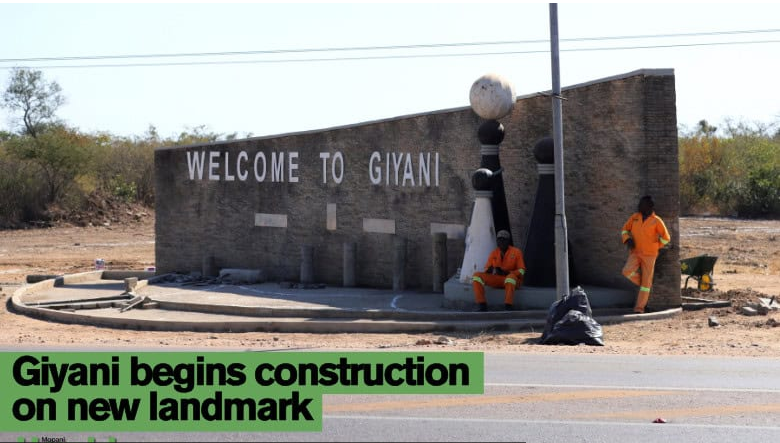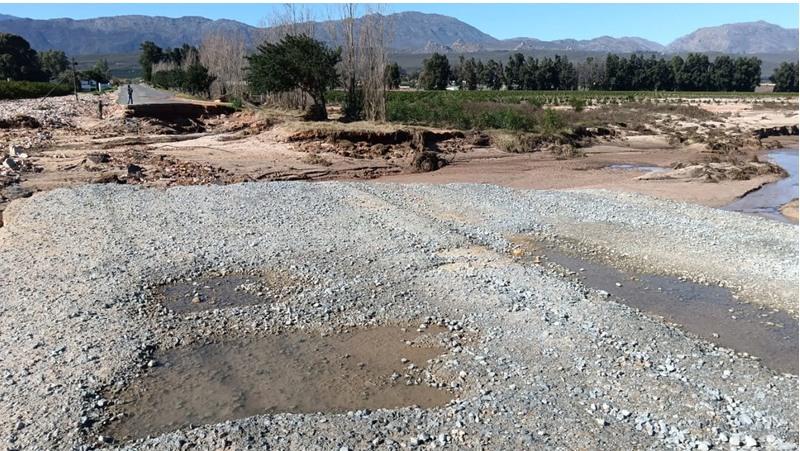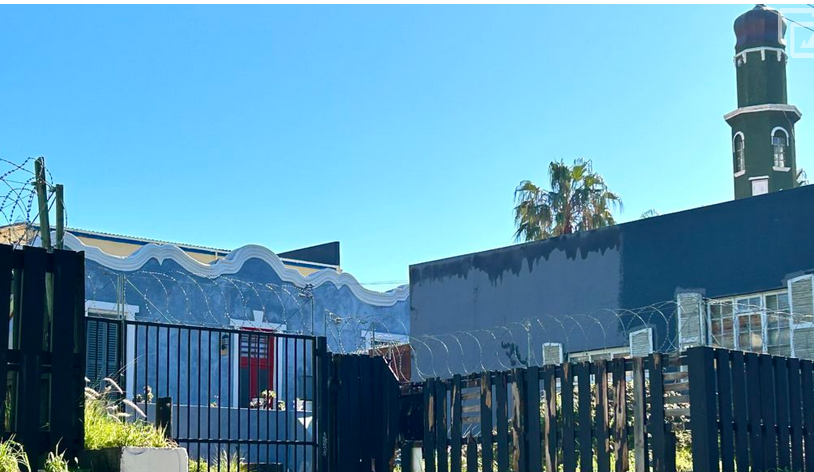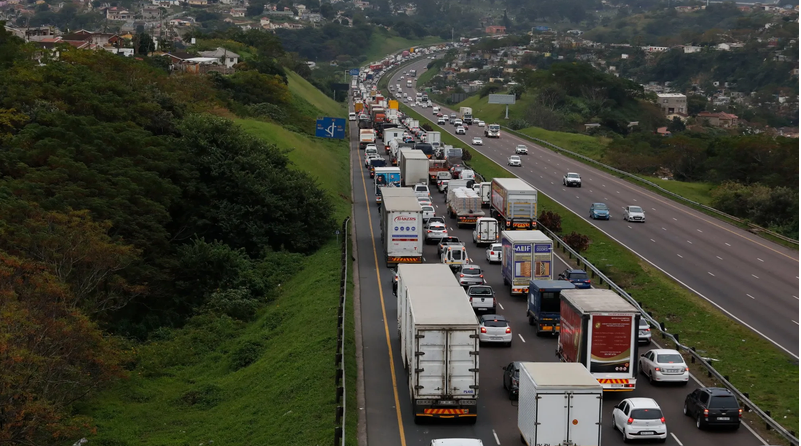Quality maths education escapes many South Africans
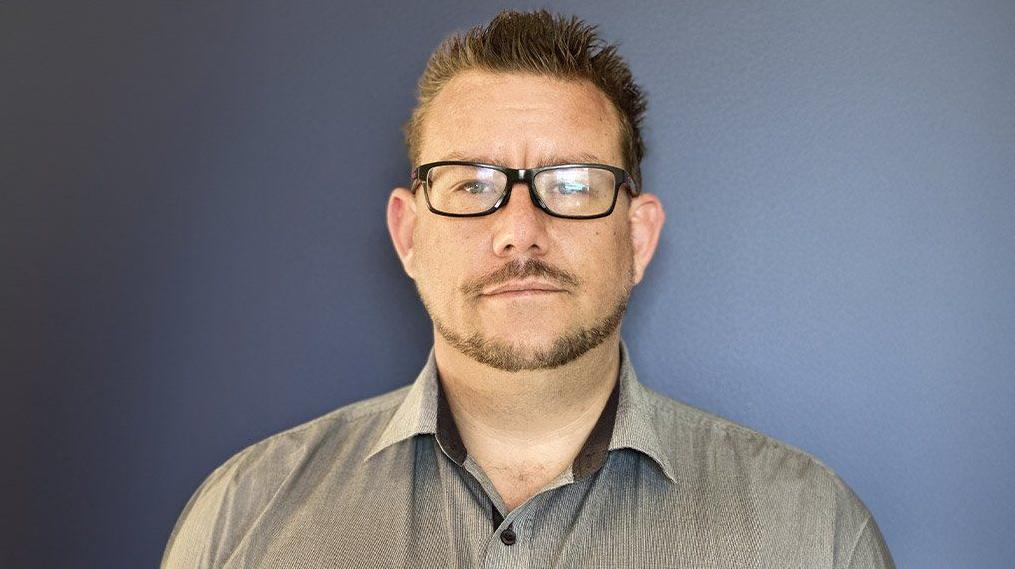
13-05-2025
Read : 81 times
The Content Engine
Source
The fact that hundreds of South African schools do not teach maths demonstrates the extent of the disconnect between the basic education system and industry. By only offering maths literacy, many learners cannot pursue the many careers that industry actually needs. This while skills mismatches also contribute to high youth unemployment.
The reason that these schools only offer maths literacy is because there not enough students taking maths. It is, therefore, not feasible to offer mathematics alongside maths literacy, especially considering the shortage of competent teachers of the subject in the country.
Many learners decide to drop mathematics for maths literacy in Grade 9 because they struggle with the subject. They are usually encouraged to do so by their schools that also want to maintain a high matric pass rate. Without the basic building blocks of numeracy in place by this stage of their education, learners do not have much of a choice if they want to pass matric.
Then there are those many learners who do take mathematics as a subject in their final year but perform very poorly in the subject. Just more than half of all the learners who take maths only achieve a 30% pass mark in mathematics. This is insufficient to study a specialised trade or pursue technical courses at universities.
The sheer number of South African learners who struggle with maths is a concern as it points to serious flaws in the way in which the subject is being taught at school. Numerical formulas that are being taught are not being connected to real-life situations. This approach of explaining actual problems in mathematical language by using formulas to comprehend and find innovative solutions to problems and then validate them is known as mathematical modelling. It has been shown to significantly improve understanding of mathematical concepts in other countries. Furthermore, it is used to teach numeracy in adult education.
Marco Maree, a Training Development Expert & Advisor of Triple E Training, says that it is very difficult to teach in this way. Maree speaks from experience as Triple E Training facilitates adult numeracy training for low and unskilled employees and members of labour-sourcing areas. Increasingly, the company has been appointed to also equip employees who matriculated with maths literacy as a subject with workplace numeracy skills so that they can pursue technical learning. Many of these employees are competent workers, but without a formal tertiary qualification, they cannot be promoted into difficult-to-fill positions. These range from professional artisans through to leadership roles, such as supervisors or foremen. Many employees who have successfully progressed through the company’s adult numeracy training programme have also gone on to complete adult matric with a maths pass mark sufficient to study towards becoming engineering technologists and engineers. Notably, many of these individuals had poor past experiences with learning, especially mathematics.
“To teach maths, you must be able to connect the theory to real-life situations. Our learners spend most of their time in numeracy classes using maths to solve typical problems that they will encounter when performing their jobs. They then further reinforce this learning by applying their new-found knowledge in practice. Finding educators who know how to teach maths like this is not easy, considering the shortage of top-quality maths teachers in the country. When we find them, we make sure that we keep them. Many of the private schools also attract these skills because they pay better salaries and offer improved perks; opportunities for career growth and development; and working conditions. Others leave the teaching profession completely. This is also leading to shortage of good quality maths teachers at so many government schools,” Maree says.
The situation is so dire that 80% of Grade 6 mathematics learners are being taught by teachers with subject knowledge below this level.
Because Bachelor of Education degrees have lower entrance requirements than other university learning fields, teaching programmes tend to attract students who are weaker academically. Most universities that offer this qualification do not require a minimum mark for maths or maths literacy. Many students enrolled for teaching degrees perform significantly worse in matric level maths compared to their counterparts enrolled in other degrees. As a result, there are fewer qualified teachers teaching more rigorous academic subjects, such as maths and science.
Worryingly, just more than 31 000 university students graduated in key science, technology, engineering and mathematics fields during the 2023/2024 financial year. This is compared to the targeted just more than 37 000 graduates in engineering, as well as natural, physical, human health and animal sciences.
The problem is not only that there is a declining number of matriculants who have the necessary maths pass mark to enrol for these degrees. Many of those who do study technical courses, drop out or take longer to complete them because they are not adequately prepared for tertiary education. The various engineering disciplines were the hardest hit with more than 2 500 less graduates anticipated. South Africa must produce 10 times more engineers to compete with developed countries.
The dearth of young adults who passed matric mathematics is also impacting the trades, especially specialised artisans needed across industries. These professionals use more maths daily to perform their jobs than the average office worker.
Many of Triple E Training’s clients are of the opinion that maths literacy does not cut it. For these posts, they are insisting on at least a National Senior Certificate with decent results in mathematics and physical science. This is in addition to a related subject in an applicable engineering or technology field. They also accept holders of N3 technical certificates with supporting language subjects at a matric or a Level 4 National Certificate in related engineering study fields. To attain such a qualification requires sound workplace numeracy skills. A 50% pass in both maths and science are mandatory for these courses. However, considering the importance of the work performed by these professionals, there are companies that insist that their artisans have passed mathematics and science at least at a Grade 10 level, or hold an N1 Engineering Science and Mathematics qualification.
“There is a reason that companies value maths skills and especially now as the country transitions into the Fourth Industrial Revolution. The astute study of mathematics fosters all the skills which facilitate the use of technology, and those which machines cannot perform. I am referring to the ability to analyse problems systematically; recognise patterns and relationships; make logical deductions; and apply logic to real-life situations. Teaching these skills should be a top priority for schools,” Maree concludes.
For more information contact:
David Poggiolini
Debbie Poggiolini
Recent News
Here are recent news articles from the Building and Construction Industry.
Have you signed up for your free copy yet?
